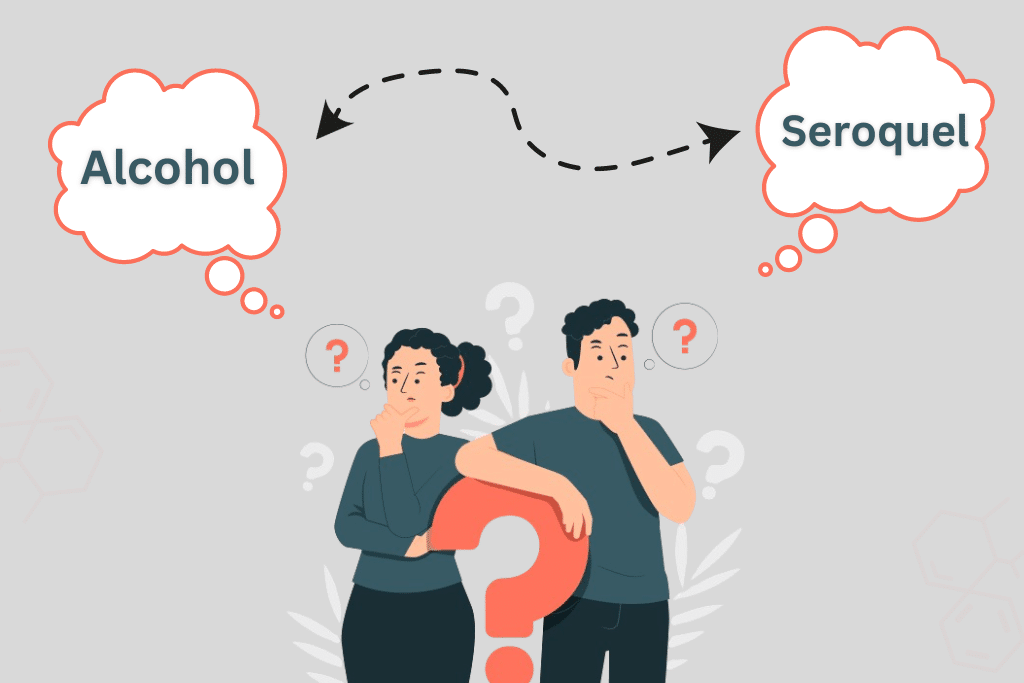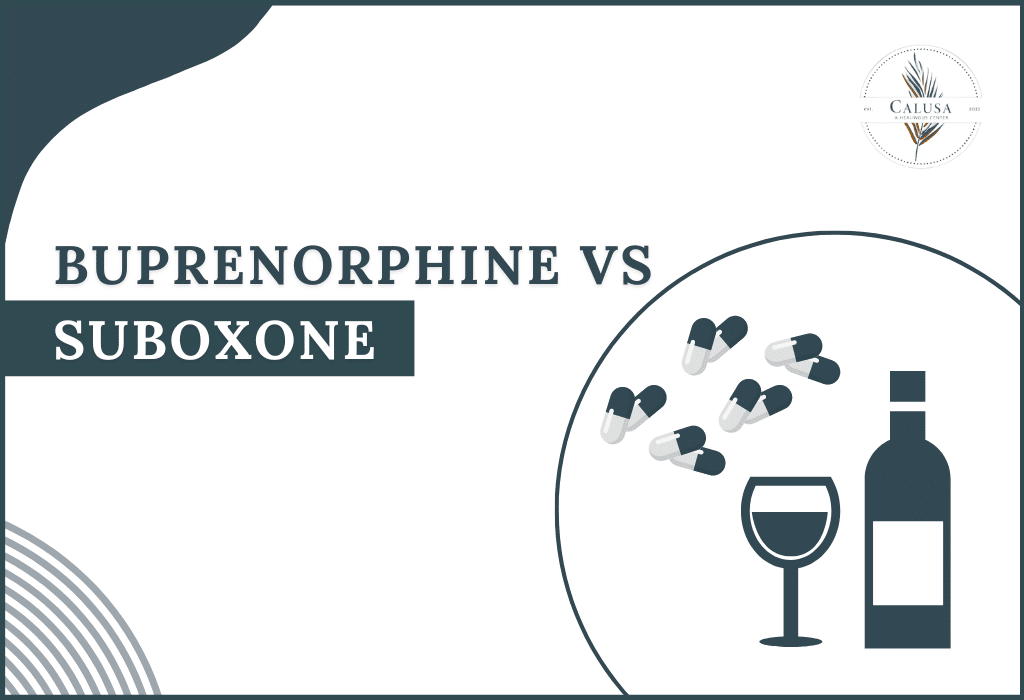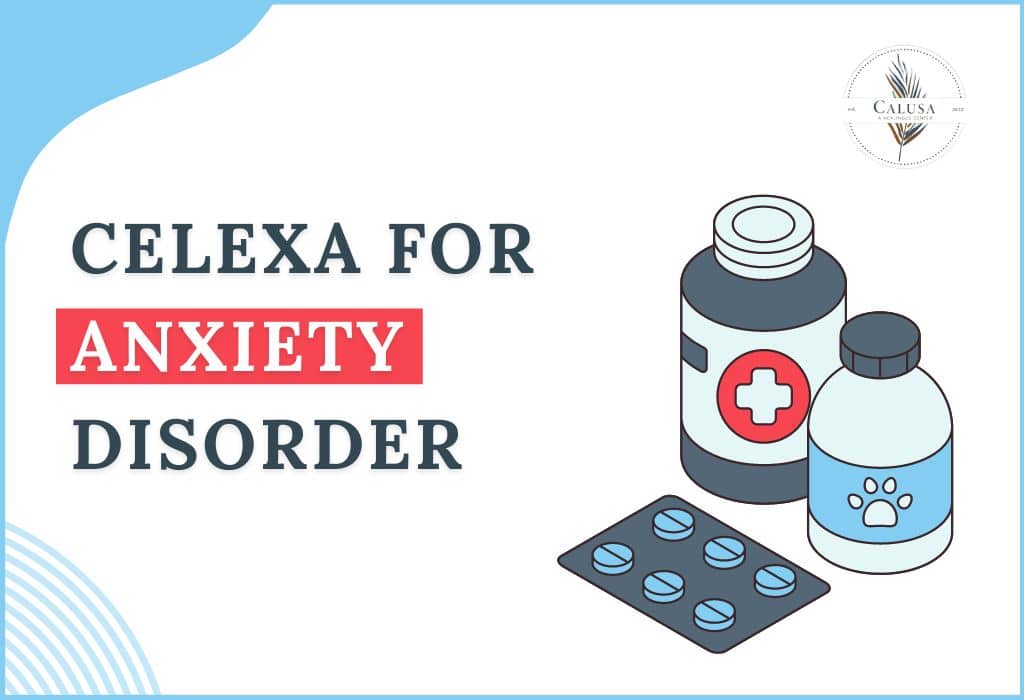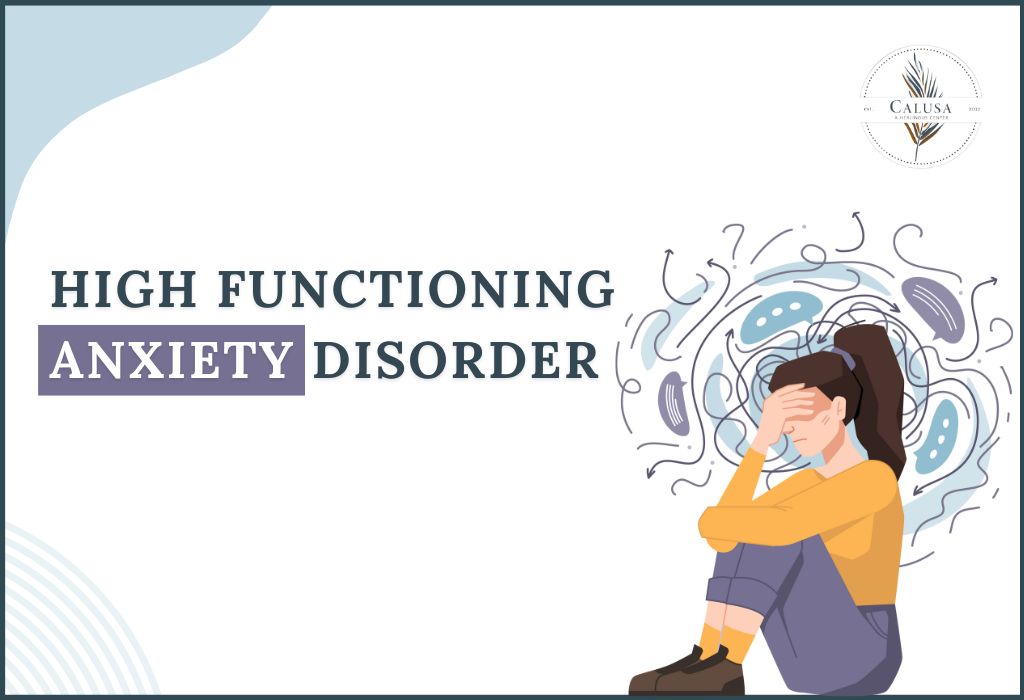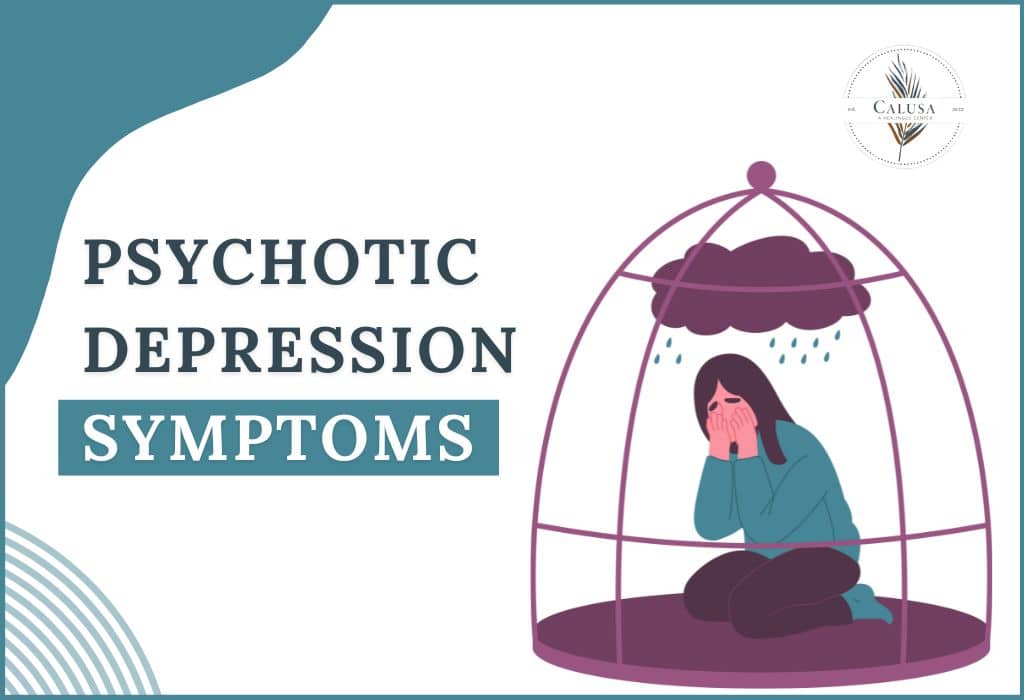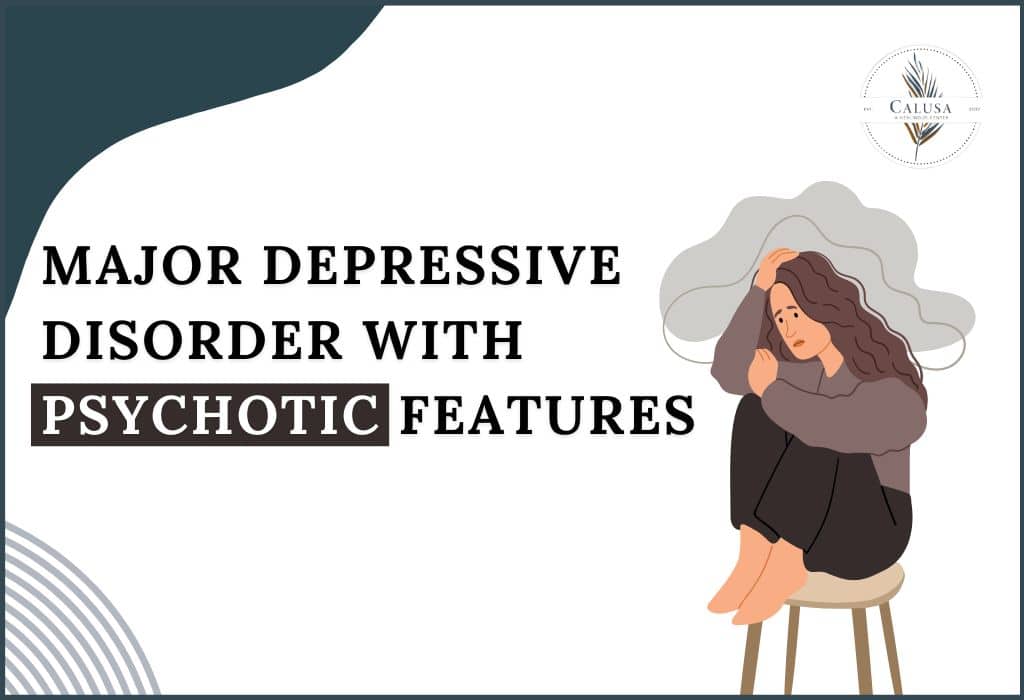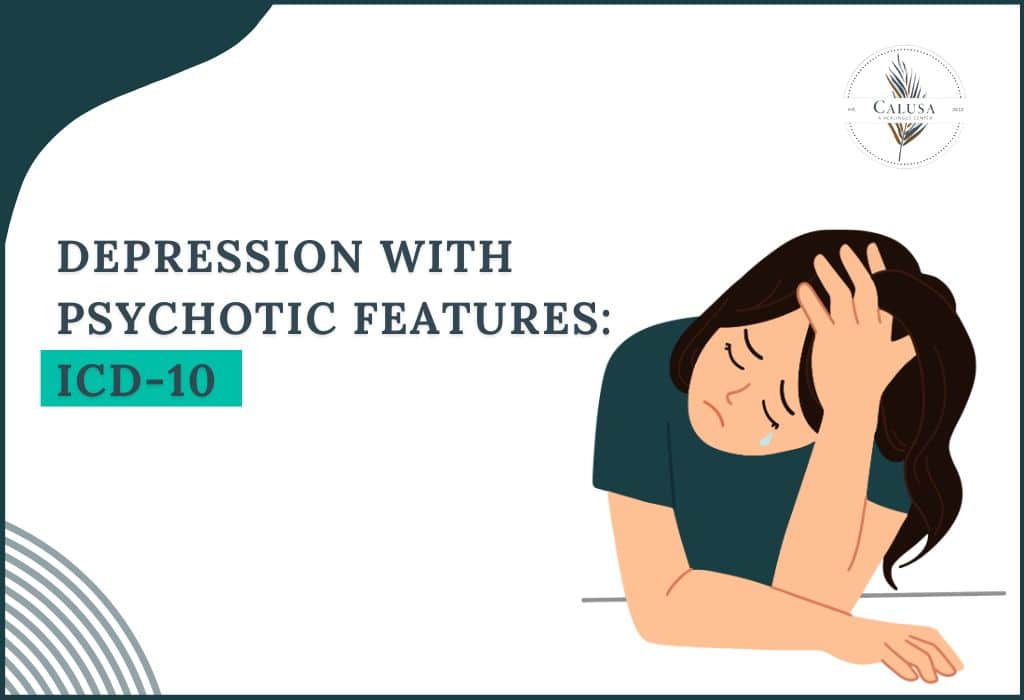Seroquel, also known by its generic name quetiapine, is a widely used medication for conditions like schizophrenia, bipolar disorder, and occasionally depression or insomnia. It functions by influencing specific brain chemicals to manage mood and emotional stability.
However, it’s essential to recognize the potential interactions between alcohol and Seroquel, especially for individuals using this medication and occasionally consuming alcohol.
When it comes to mental health, understanding how medications and substances interact is vital. Seroquel, often prescribed for bipolar disorder and schizophrenia, is now being explored for treating obsessive-compulsive disorder (OCD). Recent research is focusing on how alcohol consumption affects Seroquel’s effectiveness in managing OCD symptoms. While alcohol’s negative impact on mental health is well-known, its specific interaction with Seroquel is still not fully understood.
This blog post delves into this critical topic, shedding light on the risks associated with mixing alcohol and Seroquel. We also offer guidance for individuals prescribed Seroquel who occasionally drink alcohol.
How Does Seroquel Work?
Seroquel, also known as quetiapine, is an antipsychotic medication utilized for treating various conditions like schizophrenia, bipolar disorder, and major depressive disorder. Its mechanism of action involves influencing specific neurotransmitters in the brain, notably dopamine and serotonin. However, it’s important to understand how alcohol and Seroquel might interact, especially if you consume alcohol occasionally while taking this medication.
The workings of Seroquel can be summarized as follows:
- Regulation of Dopamine and Serotonin: Seroquel is an atypical antipsychotic that primarily operates by blocking receptors for dopamine and serotonin in the brain. Dopamine affects mood, pleasure, and motivation, while serotonin regulates mood, sleep, and appetite. By modulating these neurotransmitters, Seroquel assists in mood and emotion regulation. It’s important to note that alcohol and Seroquel can both impact these neurotransmitters, potentially leading to unintended interactions.
- Receptor Antagonism: Seroquel binds to dopamine D2 and serotonin 5-HT2A receptors in the brain. This binding inhibits dopamine and serotonin activity in specific brain pathways, contributing to its therapeutic benefits in managing symptoms associated with schizophrenia, bipolar disorder, and depression.
- Stabilization of Neurotransmitter Levels: In addition to its impact on dopamine and serotonin receptors, Seroquel influences other neurotransmitters like norepinephrine and histamine. By stabilizing these neurotransmitter levels, Seroquel enhances mood, reduces psychotic symptoms, and restores cognitive function in individuals with psychiatric disorders.
In essence, Seroquel’s mechanism of action involves a sophisticated interplay of neurotransmitter modulation, receptor antagonism, and neural pathway stabilization. It’s noteworthy that while Seroquel’s efficacy is well-established, the exact mechanisms underlying its effects remain subject to ongoing research and exploration.
What happens if you drink alcohol while taking quetiapine?
Combining alcohol and Seroquel (quetiapine) can be hazardous, leading to various severe side effects. Here’s why:
Both substances are central nervous system (CNS) depressants:
- Seroquel slows down brain activity to regulate mood and stabilize emotions.
- Alcohol is also a CNS depressant, impacting coordination, alertness, and judgment.
When combined, these effects can significantly increase the risks, resulting in:
- Excessive Sedation and Drowsiness: Feeling overly tired and sluggish, making daily tasks and safe driving challenging.
- Impaired Cognitive Function: Difficulty with thinking, memory, and concentration, potentially leading to poor decision-making.
- Respiratory Depression: Severe cases can cause dangerously slow breathing, requiring immediate medical intervention.
- Increased Risk of Mental Health Episodes: Alcohol can trigger episodes of mania, depression, or psychosis, exacerbating symptoms when combined with Seroquel.
- Diminished Medication Effectiveness: Alcohol may interfere with Seroquel absorption and utilization, reducing its efficacy in managing conditions.
Additional Considerations:
- Individual Variability: Factors like weight, sex, and overall health can influence how someone reacts to the alcohol-Seroquel combination.
- Seroquel Dosage: Higher doses may pose increased risks when mixed with alcohol.
Key Safety Guidelines:
- Avoid alcohol consumption unless explicitly approved by your doctor while taking Seroquel.
- Inform your doctor about all medications, supplements, and alcohol consumption to ensure safe treatment.
Seek immediate medical attention if you experience concerning side effects after combining alcohol with Seroquel.
Exploring the effectiveness of Seroquel for OCD treatment
Obsessive-Compulsive Disorder (OCD) presents a significant challenge for individuals due to its intrusive thoughts and repetitive behaviors. While cognitive-behavioral therapy (CBT) and selective serotonin reuptake inhibitors (SSRIs) are commonly prescribed for OCD management, there’s a growing interest in exploring alternative medications such as Seroquel (quetiapine). Seroquel, primarily used for conditions like schizophrenia and bipolar disorder, has garnered attention for its potential efficacy in reducing OCD symptoms.
Some studies suggest using Seroquel as an augmentation therapy alongside existing treatments to enhance outcomes for non-responsive individuals. It’s been observed to help alleviate obsessive thoughts and compulsive behaviors by modulating neurotransmitter activity, particularly dopamine and serotonin.
However, empirical evidence supporting Seroquel’s standalone efficacy for OCD remains limited, necessitating further research, including controlled trials and long-term studies.
Therefore, while Seroquel shows promise as an adjunctive therapy for OCD, careful consideration and ongoing evaluation under professional guidance are crucial for optimal treatment outcomes.
Case Study: Sana’s Journey with Seroquel for OCD
Sana, a 32-year-old individual struggling with OCD, found relief after incorporating alcohol and Seroquel into her treatment plan.
Despite trying various therapies, she struggled to find relief from her intrusive thoughts and compulsive behaviors. Concerned about the impact of her condition on her daily life, Sana decided to consult a psychiatrist.
During her evaluation, Sana’s psychiatrist recommended incorporating alcohol and Seroquel into her treatment plan. While initially hesitant about medication, Sana agreed to give it a try under close medical supervision.
Within weeks of starting Seroquel, Sana noticed a remarkable improvement in her symptoms. The medication helped her manage her anxiety levels, reduce obsessive thoughts, and regain control over her compulsive behaviors. Unlike some other medications she had tried, Seroquel had minimal side effects for Sana, allowing her to function more effectively in her personal and professional life.
Sana’s journey with Seroquel for OCD serves as a testament to the potential benefits of combining medication with therapy for mental health conditions. It underscores the importance of personalized treatment plans and close collaboration between patients and healthcare providers to achieve positive outcomes.
Conclusion: Weighing the pros and cons of using Seroquel for OCD treatment
In conclusion, the use of Seroquel for OCD treatment presents a nuanced picture with both advantages and potential drawbacks. On the positive side, Seroquel has shown promising results in managing OCD symptoms, providing relief for individuals like Sana in our case study. Its ability to influence specific brain chemicals and stabilize mood makes it a valuable option for certain OCD patients.
However, it’s crucial to consider the potential interactions between alcohol and Seroquel and the associated risks, such as increased sedation, impaired cognitive function, and reduced medication effectiveness. Patients and healthcare providers must weigh these pros and cons carefully before incorporating Seroquel into an OCD treatment plan.
Ultimately, the decision to use Seroquel for OCD treatment should be made in consultation with a qualified healthcare professional who can assess individual needs, monitor for side effects, and ensure a comprehensive treatment approach.
To learn more about the benefits and risks of using Seroquel for OCD treatment and to explore personalized treatment options, connect with us at Calusa Recovery today. Our experienced team is here to provide comprehensive information and support tailored to your specific needs.

